43 describe relevant labels related to intelligence testing
Intelligence Testing - an overview | ScienceDirect Topics Intelligence testing refers to the theory and practice of measuring people's performance on various diagnostic instruments (intelligence tests) as a tool for predicting future behavior and life prospects or as a tool for identifying interventions (e.g., educational programs). AP Psych | Unit 11 Interpret the meaning of scores in terms of the normal curve Describe relevant labels related to intelligence testing (e g , gifted, cognitively disabled) Debate the appropriate testing practices, particularly in relation to culture-fair test uses
Intelligence Test & Types | What is an Intelligence Test? - Video ... The most prominent types of intelligence tests are the Binet-Simon Test, Stanford-Binet Intelligence Scale, the Wechsler Adult Intelligence Scale (WAIS), and Raven's Progressive Matrices....

Describe relevant labels related to intelligence testing
IQ Testing: Purpose, Procedure, and Results - Healthline A high IQ score, over 100, is typically associated with high intelligence. Extreme intelligence is 130 or above. Still, these outcomes are stereotypical. A high score usually means the person... Theories of Intelligence in Psychology - Verywell Mind Experts use a variety of standardized tests to measure intelligence. Some are aptitude tests administered in a group setting such as the Scholastic Assessment Test (SAT) and the American College Test (ACT). Others are IQ tests given to individuals. IQ test scores average around 100. Alfred Binet and the History of IQ Testing - Verywell Mind Interest in intelligence dates back to more than a century ago. 1 But it wasn't until psychologist Alfred Binet was asked to identify which students needed educational assistance that the first intelligence quotient (IQ) test was born. Although it has its limitations, Binet's IQ test is well-known around the world as a way to assess and compare ...
Describe relevant labels related to intelligence testing. Intelligent Testing | Psychology Today Intelligent testers also must have a healthy respect for what tests cannot do, such as measure two-thirds of Sternberg's triarchic theory of successful intelligence (i.e., practical intelligence ... Intelligent intelligence testing - American Psychological Association In the early 1980s, for example, Gardner attacked the idea that there was a single, immutable intelligence, instead suggesting that there were at least seven distinct intelligences: linguistic, logical-mathematical, musical, bodily-kinesthetic, spatial, interpersonal and intrapersonal. (He has since added existential and naturalist intelligences.) intelligence test | Definition, Types, History, & Facts | Britannica intelligence test, series of tasks designed to measure the capacity to make abstractions, to learn, and to deal with novel situations. The most widely used intelligence tests include the Stanford-Binet Intelligence Scale and the Wechsler scales. The Stanford-Binet is the American adaptation of the original French Binet-Simon intelligence test; it was first introduced in 1916 by Lewis Terman, a ... PDF Testing and Intelligence - D. Fry Science • Interpret the meaning of scores in terms of the normal curve. • Describe relevant labels related to intelligence testing (e.g., gifted, cognitively disabled). • Debate the appropriate testing practices, particularly in relation to culture- fair test uses.
Intelligence Test: Types and Uses | Individual - Psychology Discussion He may assemble certain disintegrated parts to form full designs or pictures. No language is used here. Instructions also can be had through demonstration or action. A number of performance tests have been prepared. The most important are: 1. Alexander's Pass-a-long test. 2. Koh's Block Design test. 3. Collin and Drever's Performance Tests. 4. Intelligence and Testing - Mr Dunn's Class Website • Interpret the meaning of scores in terms of the normal curve. • Describe relevant labels related to intelligence testing (e.g., gifted, cognitively disabled). • Debate the appropriate testing practices, particularly in relation to culture-fair test uses. • Identify key contributors in intelligence research and testing (e.g., Alfred Binet, Intelligence Testing and the Beginning of Eugenics - Owlcation The eugenics movement began with the advent of testing for individual characteristics in children. Although intelligence testing was created to determine school readiness, it became one of the unintended foundations of eugenics. This occurred when three influential psychometricians - Lewis Terman, Henry Goddard and Robert Yerkes - began ... Chapter 10 - AP Psychology - Google • Interpret the meaning of scores in terms of the normal curve. • Describe relevant labels related to intelligence testing (e.g., gifted, cognitively disabled). • Debate the appropriate testing...
Types of Intelligence Testing - The Classroom Intelligence Test Types and Uses. Any discussion of intelligence tests should begin with the understanding that unlike measurements like weight and length, there is no definitive way to measure intelligence. Intelligence itself is a fairly abstract term and is related to numerous factors including parental intelligence, environment, social situation and economic status. Describe culture-loading and how it relates to intelligence testing. Forensic psychologists use intelligence testing to determine a defendants' competency levels. Despite the widespread use of intelligence testing, psychologists have identified many issues with intelligence tests. For this discussion, we will focus on the role that culture plays in measuring intelligence. Types of Intelligence Testing for Children - Verywell Family Intelligence testing is the estimation of a student's current intellectual functioning. It requires them to perform various tasks designed to assess different types of reasoning. Standardized testing with norm-referenced tests indicates a child's IQ. Labeling Theory: Definition, Examples, & Criticism - Simply Psychology Howard Becker's (1963) idea is that deviance is a consequence of external judgments, or labels, that modify the individual's self-concept and change the way others respond to the labeled person. The central feature of labeling theory is the self-fulfilling prophecy, in which the labeled correspond to the label in terms of delinquent behavior.
Intelligence Testing Essays (Examples) - Paperdue.com Intelligence Testing Intelligence -- Nature/Nurture Debate In psychological terms, intelligence can be defined as "the general mental ability involved in calculating, reasoning, perceiving relationships and analogies, learning quickly, storing and retrieving information, using language fluently, classifying, generalizing, and adjusting to new situations" ("intelligence," 2013).
Chapter 8: Testing and Individual Differences - Quizlet intelligence test a method for assessing an individual's mental aptitudes and comparing them with those of others, using numerical scores. general intelligence (g) a general intelligence factor that, according to Spearman and others, underlies specific mental abilities and is therefore measured by every task on an intelligence test
Unit 5: Cognition - MrGalusha.org R. Describe relevant labels related to intelligence testing. S. Debate the appropriate testing practices, particularly in relation to culture-fair test uses. 5.11 Components of Language and Language Acquisition Concept Map for 5.11 Language Slides Secrets of the Wild Child Viewer's Guide
The Problem With IQ Tests - Educational Connections IQ tests have the potential to inaccurately measure an individual's intelligence and cause problems including low confidence, unrealistic expectations, and just a generally flawed understanding of a person's potential. The moral of the story is this: every person is different, and while an IQ test can be useful for identifying certain ...
Unit 8: Intelligence and Testing - MrGalusha.org ET 8-4 Intelligence Testing: Essential Task 8-4: Debate the appropriate testing practices, particularly in relation to the Stanford-Binet test, the WISC, the WAIS and culture-fair test uses. ET 8-5 Mental Retardation and Giftedness: Essential Task 8-5: Describe relevant labels related to intelligence testing (e.g., gifted, cognitively disabled ...
15 Intelligence Testing Pros and Cons - BrandonGaille.com List of the Pros of Intelligence Testing. 1. It is a way to identify individuals who are "gifted.". Intelligence testing is an effective way to identify individuals who have an above-average intellectual ability. This group of people often struggles at work or school because they endure high levels of frustration and boredom.
What is Data Labeling? | IBM Data labeling, or data annotation, is part of the preprocessing stage when developing a machine learning (ML) model. It requires the identification of raw data (i.e., images, text files, videos), and then the addition of one or more labels to that data to specify its context for the models, allowing the machine learning model to make accurate ...
10.1 Defining and Measuring Intelligence - Introduction to Psychology ... It is important that intelligence tests be standardized on a regular basis because the overall level of intelligence in a population may change over time. The Flynn effect refers to the observation that scores on intelligence tests worldwide have increased substantially over the past decades (Flynn, 1999). Although the increase varies somewhat ...
Intelligence Tests: Types and Uses - Psychology Discussion Intelligence tests help in classifying individuals according to their mental makeup, e.g. in schools, teachers responsibility is to classify the students in his class as backward, average, bright or gifted, and thus arrange for homogenous grouping to provide proper educational opportunities. c. Use in assessment for promotion:
Intelligence: Definition, Theories & Testing - Simply Psychology The Stanford-Binet Scale is a contemporary assessment which measures intelligence according to five features of cognitive ability, including fluid reasoning, knowledge, quantitative reasoning, visual-spatial processing and working memory. Both verbal and nonverbal responses are measured.
Alfred Binet and the History of IQ Testing - Verywell Mind Interest in intelligence dates back to more than a century ago. 1 But it wasn't until psychologist Alfred Binet was asked to identify which students needed educational assistance that the first intelligence quotient (IQ) test was born. Although it has its limitations, Binet's IQ test is well-known around the world as a way to assess and compare ...
Theories of Intelligence in Psychology - Verywell Mind Experts use a variety of standardized tests to measure intelligence. Some are aptitude tests administered in a group setting such as the Scholastic Assessment Test (SAT) and the American College Test (ACT). Others are IQ tests given to individuals. IQ test scores average around 100.
IQ Testing: Purpose, Procedure, and Results - Healthline A high IQ score, over 100, is typically associated with high intelligence. Extreme intelligence is 130 or above. Still, these outcomes are stereotypical. A high score usually means the person...
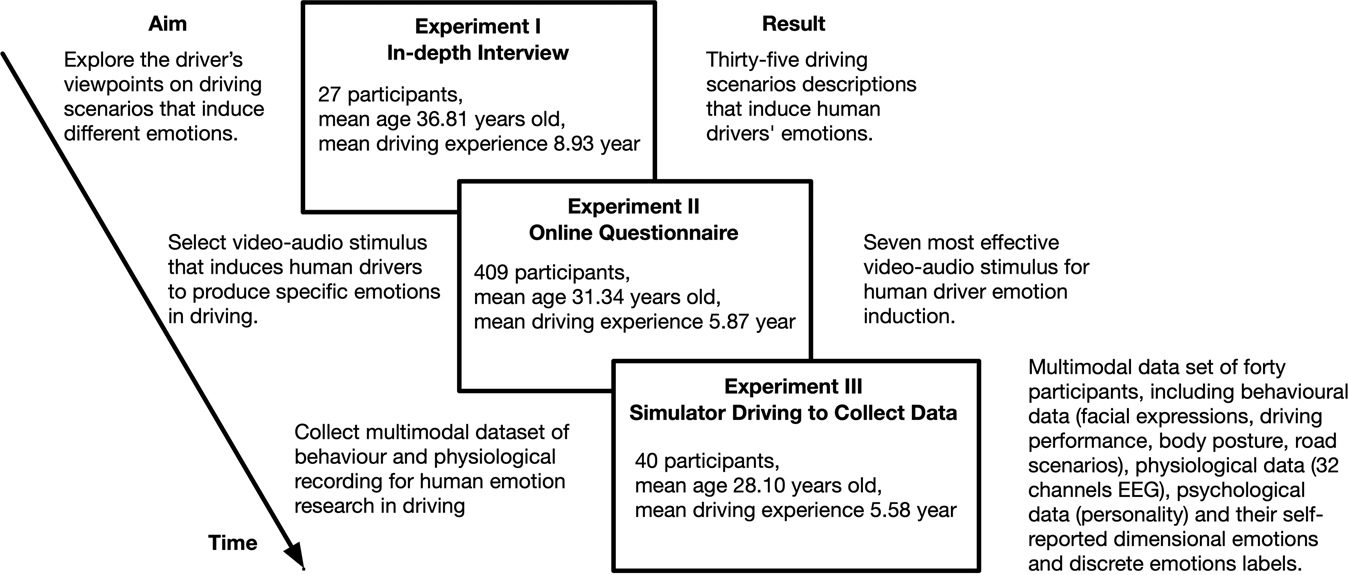
![What Is Data Labelling and How to Do It Efficiently [2022]](https://assets-global.website-files.com/5d7b77b063a9066d83e1209c/627d122ad4fd20872e814c81_60d9afbb7cc54becbcb087c5_AI%2520food.png)



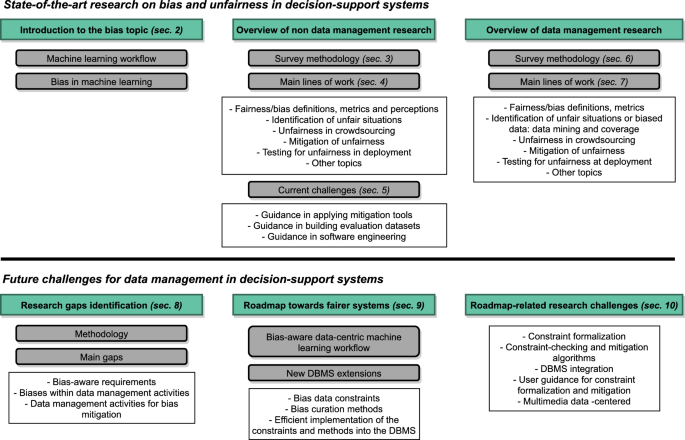


/what-is-general-intelligence-2795210_final2-5b3f90eb46e0fb005bb17b85.png)





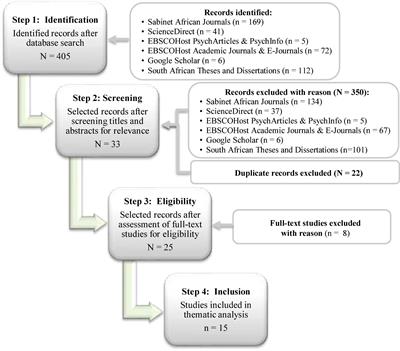
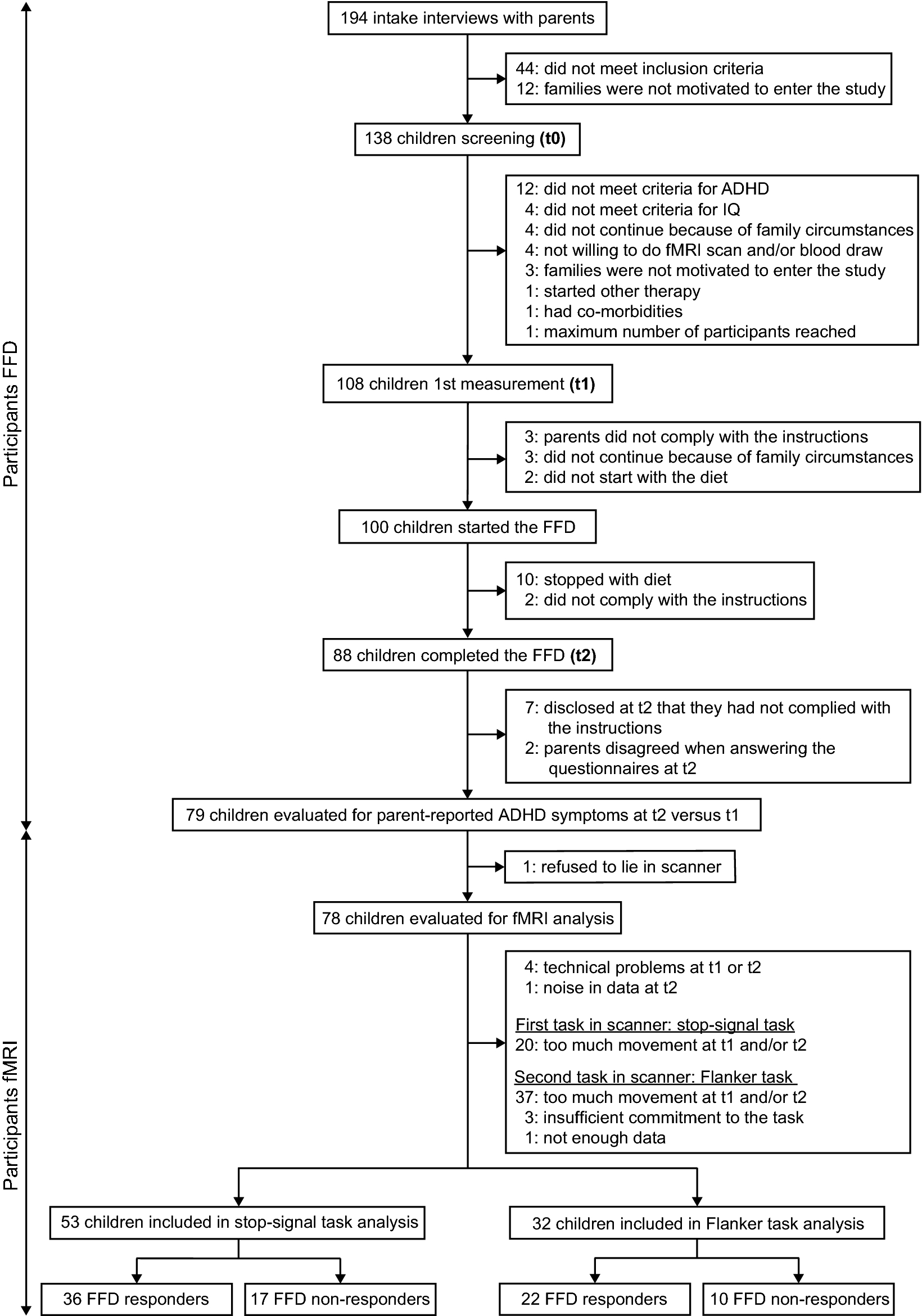
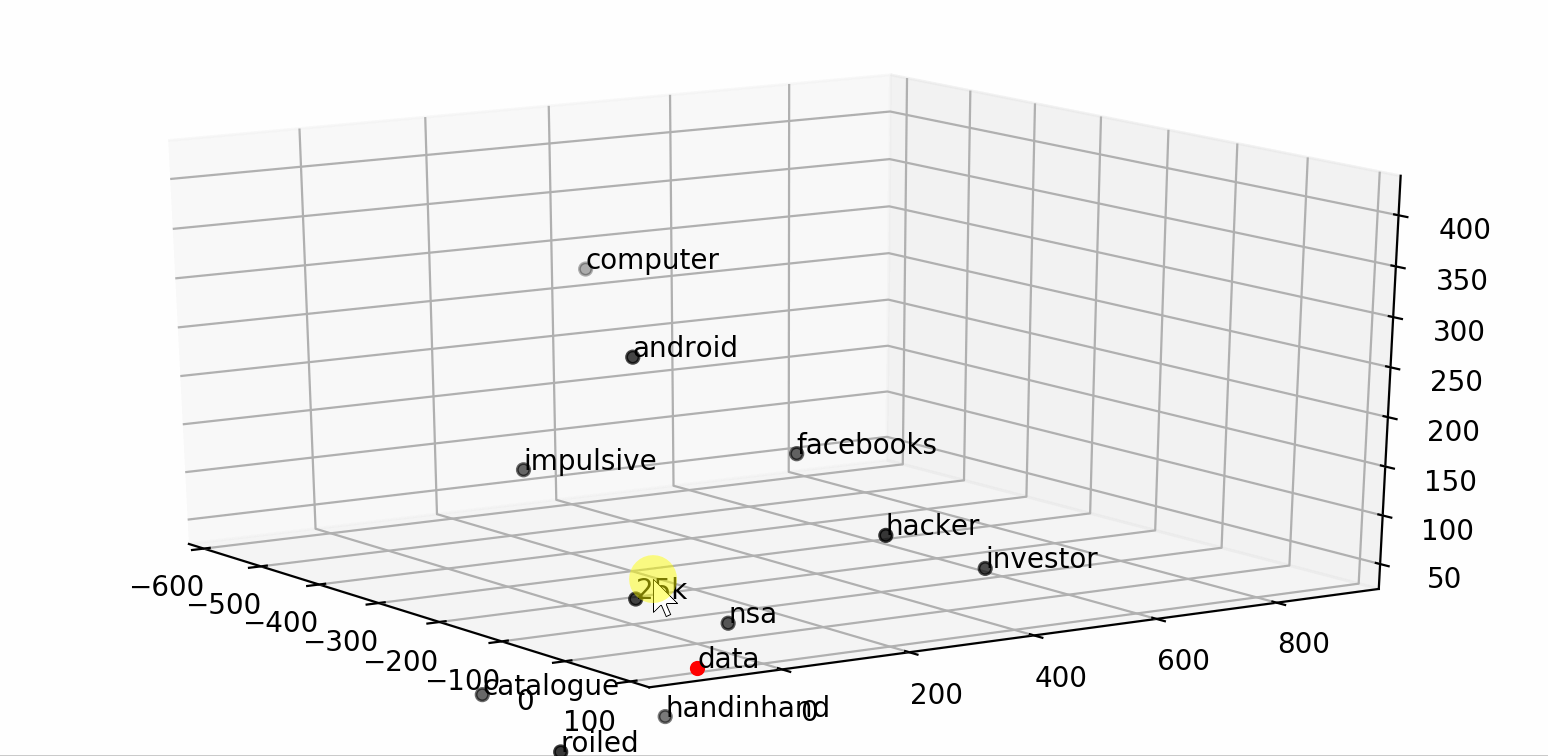
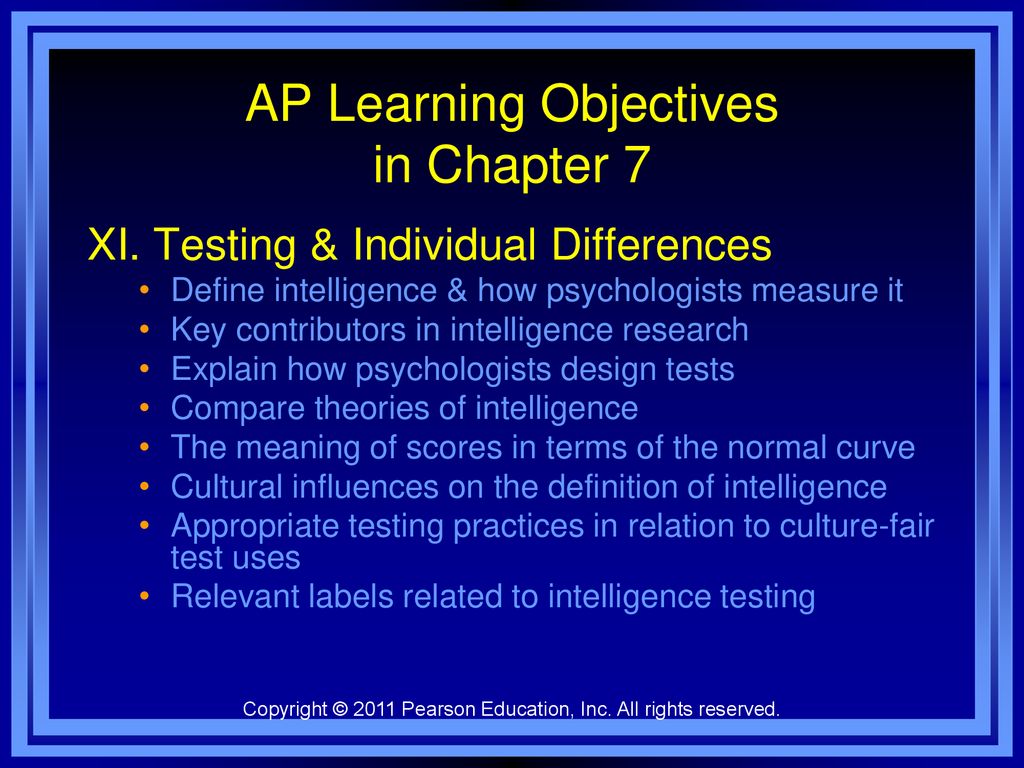
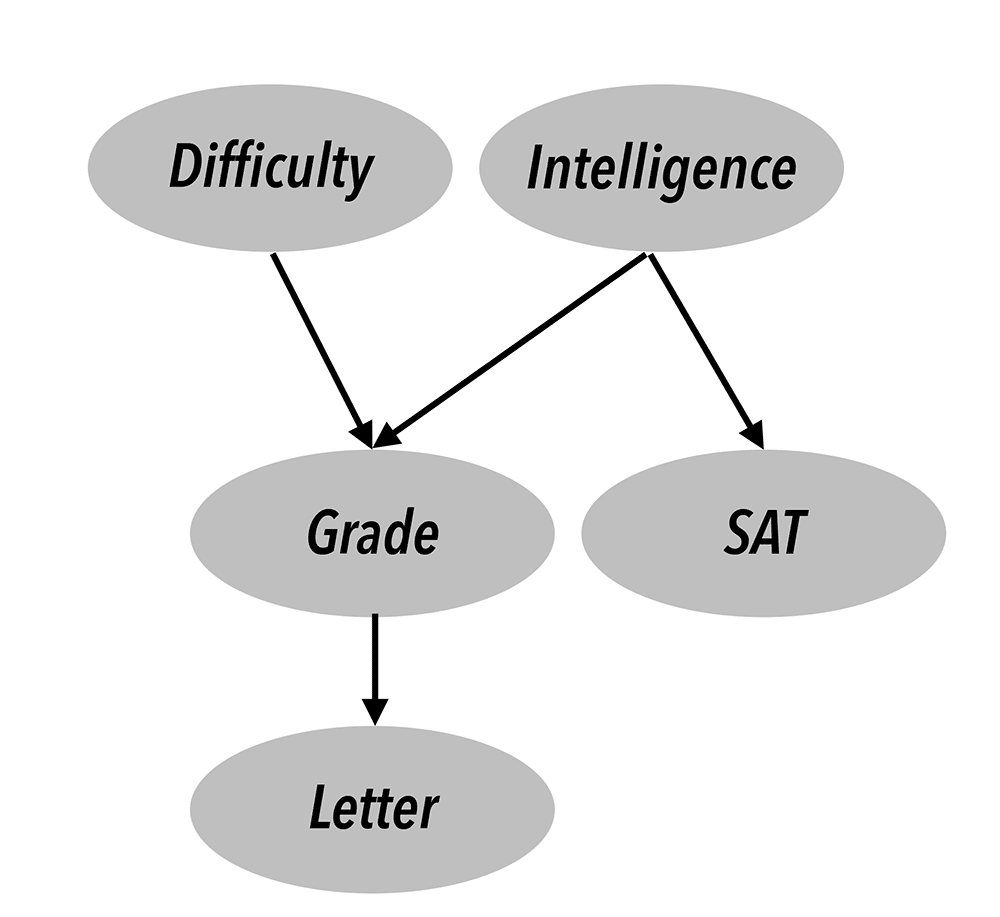




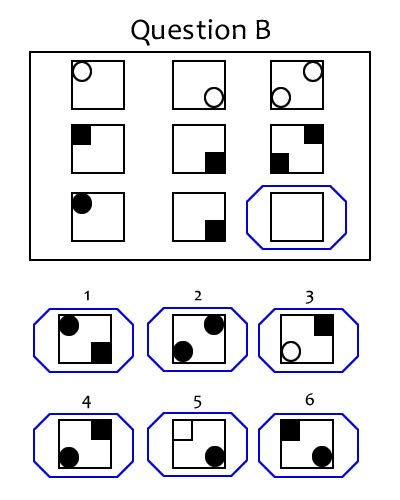




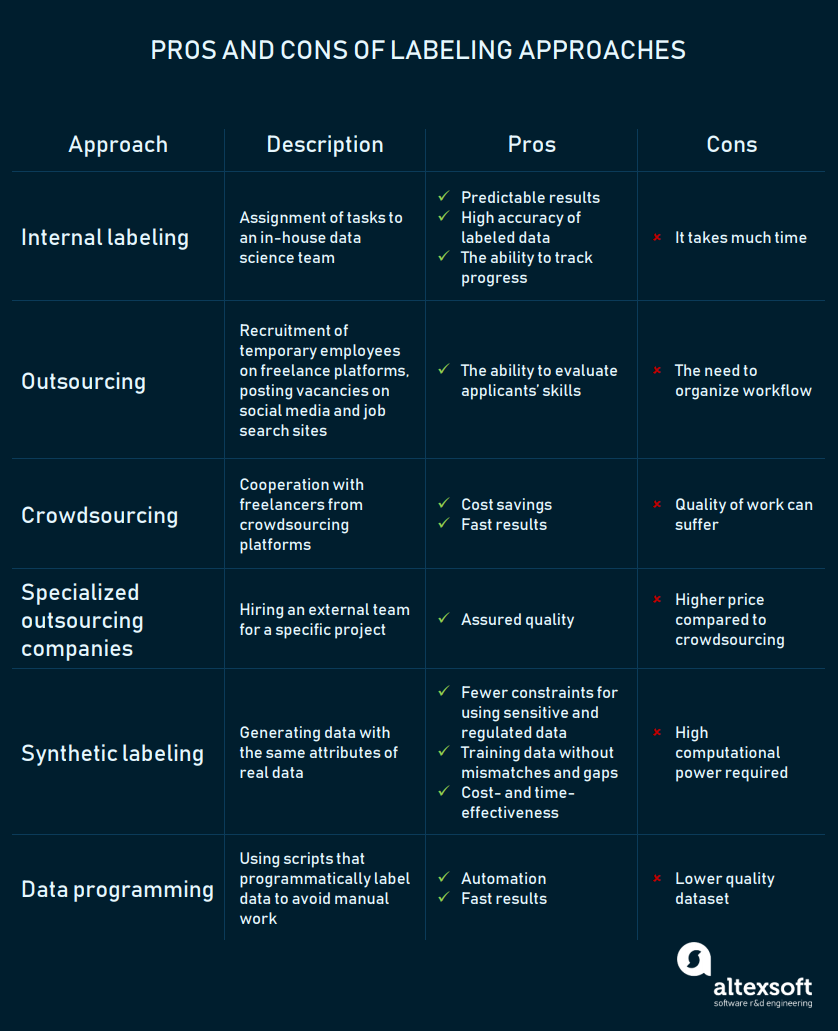

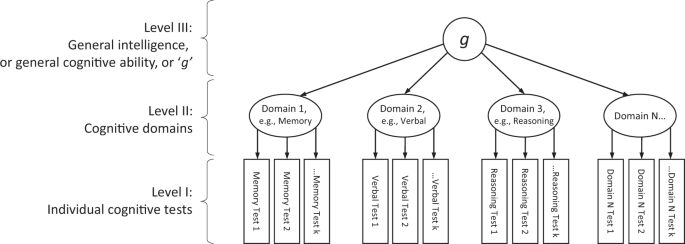





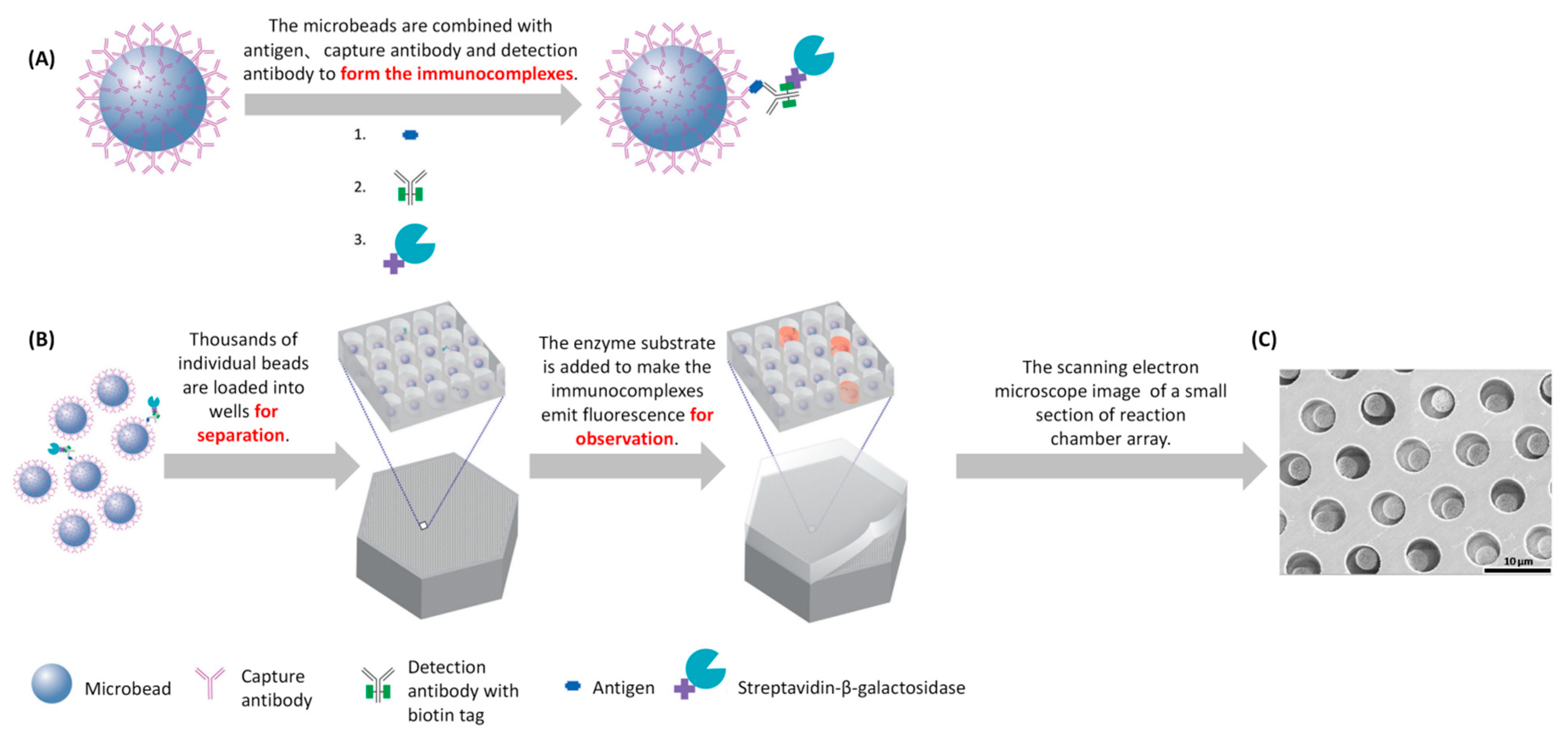
Post a Comment for "43 describe relevant labels related to intelligence testing"